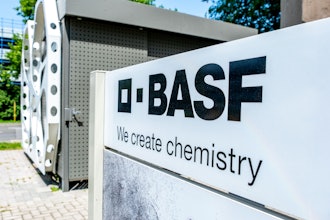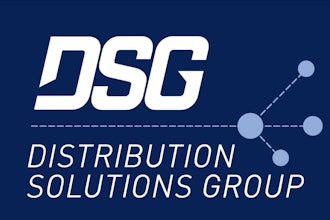In the middle of a recent and volatile trial, the parties reached a settlement. The opposing party (a lawyer) insisted that any draft of any settlement agreement start with the “boilerplate," as it was clear that the case was going to be resolved without the exchange of any money.
“Why the boilerplate?” asked my clients. While often overlooked, boilerplate contract language is well-regarded as lawyer words that make their way into legal documents, but are perceived as having little value. Many clients view the use of such language to be a waste of time and resources.
However, boilerplate legal provisions can be critical to solid contract formation. So critical, in fact, that when I am asked to review the merits of a dispute, I almost always first turn to the boilerplate in the contract(s) or document(s) and then work backwards to the substantive issues in dispute.
What is so important about boilerplate language in contracts? Here are a few examples of what one might find in the boilerplate contract language that can alter the course of a dispute and its resolution in substantial ways:
Dispute Resolution Provisions
These provisions dictate if the contract calls for a dispute to be resolved in a certain court or in arbitration, where the resolution takes place outside of the courts. If so, what are the limitations and benefits of any such provisions?
- For example, if jurisdiction is fixed in a federal court, one can take advantage of the long-arm of its discovery jurisdiction and tools, typically available only under the Federal Rules of Civil Procedure.
- Conversely, if the dispute is subject to arbitration, the discovery and procedural tools can, and likely will be, significantly different, resulting in differences in how the dispute can be handled. There may even be variations in the rules of one arbitration tribunal versus another, such as the American Arbitration Association (AAA) compared to Judicial Arbitration and Median Services (JAMS).
Limitations Before Proceeding to the Venue
Boilerplate language may reveal certain limitations before the dispute can enter the required forum. For example, does the contract require some form of meet and confer pre-litigation dispute resolution procedure? Or mediation under the auspices of a recognized mediation tribunal (the AAA, JAMS, etc.), for a dispute to proceed to resolution? Any such obligation, particularly a mediation obligation, could be a valuable opportunity or a horrendous obstacle, depending on the circumstances of the case and on what side of the dispute your client lies.
Choice of Law Provisions and Injunctive Relief
Does the contract contain clauses that specify what substantive law governs a dispute? If so, one needs to know how the substantive law of the designated jurisdiction affects your side of the dispute. Similarly, if injunctive relief is sought by a party, in which a court order is issued for the defendant to stop a specified act, what provisions exist in the agreement that might impair, defeat, or enhance such rights?
Confession of Judgement
A confession of judgement is a way to circumvent normal court proceedings to resolve a dispute. Some contracts, in the boilerplate, allow a party due sums owed to confess judgment against the opposing party without notice. While more typical in commercial loan transaction documents, such clauses can be particularly valuable or problematic, depending, again, on what side of the dispute your client finds themselves, making this important information to be aware of.
Non-Reliance and Integration Clauses
When parties claim that they were “duped” into signing a contract, or the contract does not contain all of the parties’ promises to one another, the existence of non-reliance and/or integration clauses can be a substantial sword or shield—again depending on what side of dispute one find oneself.
Prevailing Party, Indemnification, or Other Attorney’s Fees Provisions
Most disputes in the United States are controlled, as to attorney’s fees and other litigation costs, by the “American Rule,” which states that each party bears his, her, or its own attorney’s fees and costs in resolving a dispute. Often, trapped in the boilerplate are provisions that alter the American Rule, changing the stakes of the dispute by, for example, giving one party the right to claim attorney’s fees as damages part the damages in the case. The existence of such provisions can substantially alter the real and/or perceived value and outcome of a dispute—to the point of forcing a dispute to resolve itself before it becomes a case.
Definitional Terms
Are the key terms in the contract that underlie, or are key to the dispute defined? If so, this information is typically found in the boilerplate language, and can provide insight into how the key terms impact any analysis of the dispute.
While parties often look at “boilerplate” contract language as nothing more than standardized “legalese” that has little meaning (except to lawyers), such is hardly the case. Standardized methods, procedures, or structures in a document are not only commonly used, but also must be critically considered in evaluating claims and defenses. The boilerplate is not the end of the analysis of the merits of a dispute, but rather a critical component to fully understand the dispute, particularly the tactical and strategic aspects of a dispute where one or more contracts are involved.
Distributors interested in further discussion on this or other legal topics are encouraged to contact Fred Mendelsohn at 312-840-7004 or [email protected].























